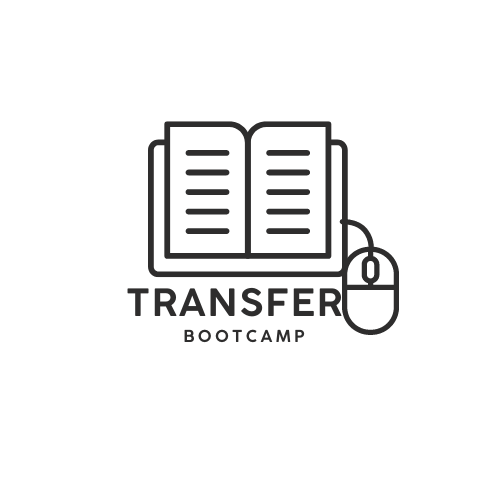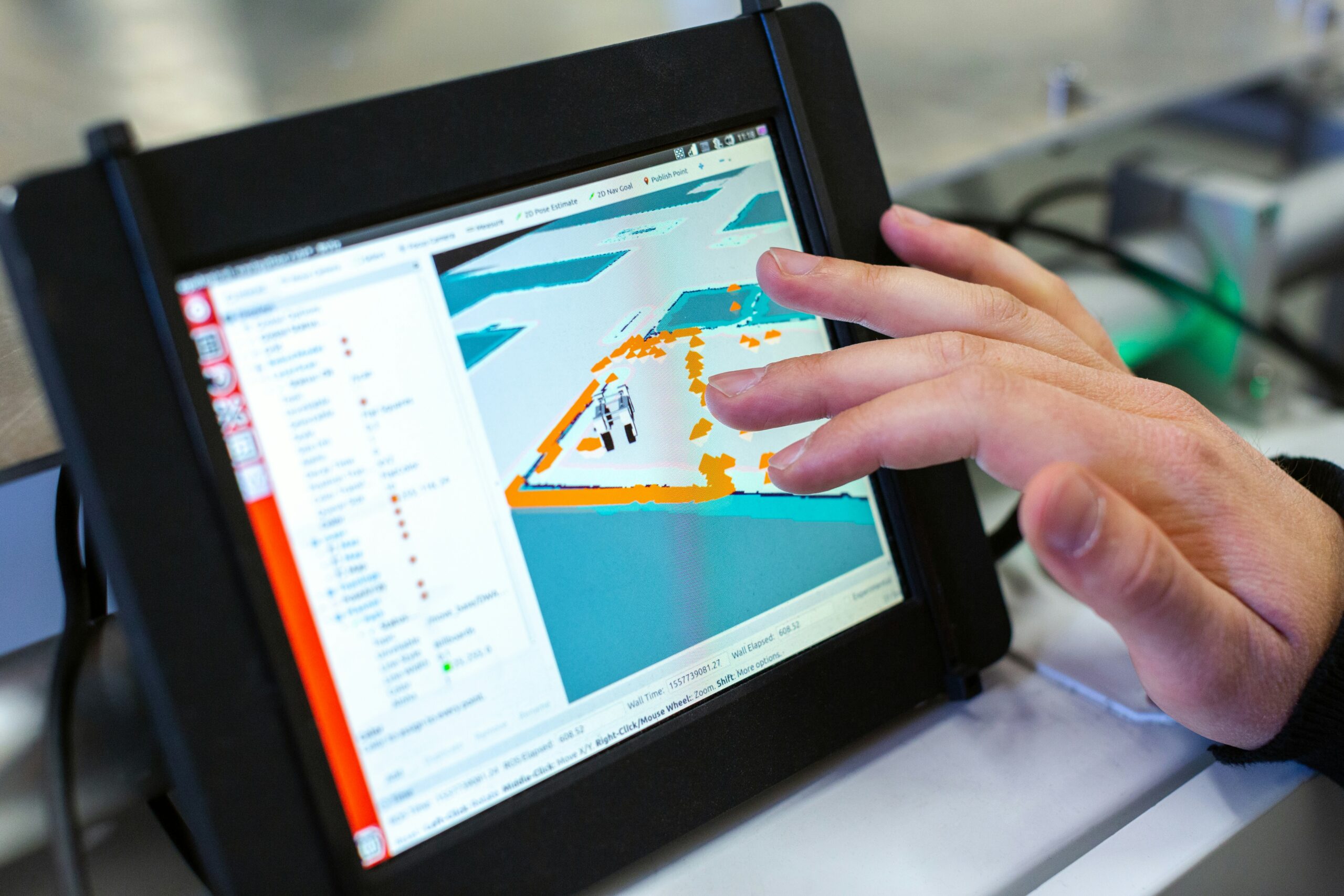Enhancing Learning Effectiveness
Within the realm of digital education, enhancing learning effectiveness is a core objective for educators, corporate trainers, and e-learning professionals. In this pursuit, the ability to measure training effectiveness and the application of various evaluation methodologies are fundamental.
Measuring Training Effectiveness
To ensure your learners are truly absorbing the material, you need a robust strategy to measure the effectiveness of your training programs. Measuring training effectiveness goes beyond mere attendance or completion rates; you need to consider both quantitative and qualitative data. Quantitative data gives you hard numbers to analyze, while qualitative data provides deeper insights into the learner’s experience.
Most modern learning management systems (LMS) and e-learning tools come equipped with built-in dashboards that streamline the process of data collection. These dashboards gather key performance indicators, which can be synthesized to understand the impact of your learning initiatives. It’s advisable to review these metrics at regular intervals, ideally quarterly, to fine-tune your programs for maximum effectiveness. For more information on how to leverage technology for this purpose, consider exploring e-learning analytics and reporting tools.
Methodologies for Evaluation
When it comes to evaluation methodologies, several models have been recognized for their reliability and effectiveness. One such model is the Kirkpatrick four-level evaluation model, which assesses training programs based on four criteria: reaction, learning, behavior, and results. Another valuable framework is the Phillips ROI model, which adds a financial perspective to the evaluation by calculating the return on investment of training activities. Lastly, the Anderson model of learning evaluation offers a holistic approach by incorporating various learning dimensions and their impact on organizational outcomes.
Each of these methodologies provides a unique lens through which to view and measure the success of your training efforts. It’s important to choose the one that aligns most closely with your specific goals and resources. For further exploration of these models, InStride offers detailed insights into their application and benefits.
When selecting the best knowledge retention tracking software, it is crucial to ensure that it supports these methodologies or can be customized to fit your evaluation strategy. By doing so, you’ll be better equipped to gauge how effectively your training programs are enhancing learning and knowledge retention among your students or employees.
Maximizing Knowledge Retention
Knowledge retention is a critical component of successful learning, and with the right strategies and tools, you can significantly enhance the retention rates of your students or trainees. Let’s delve into how student retention software can be a game-changer and which engagement strategies can bolster retention.
Student Retention Software
Student retention software is a robust tool that supports educators and institutions in identifying and tackling the barriers to a student’s academic progress. This technology encompasses a range of solutions such as learning management systems (LMS), education technology, and engagement tools that work together to create a cohesive environment for learning retention.
One impressive feature of such software is the early warning system. It alerts you when a student is showing signs of struggle, whether academically, mentally, or socially. This proactive approach allows for timely interventions, increasing the likelihood of a student staying on track (Modern Campus).
Predictive analytics is another cornerstone of retention software. By analyzing historical data, these systems can forecast potential roadblocks and enable you to personalize the learning experience. This customization ensures that each student receives the support they need before issues arise, keeping them engaged and enrolled (Modern Campus).
Effective communication channels, including text messaging and digital student portals, are integral to student retention. They help maintain a nurturing academic environment where students feel valued and connected, fostering a strong support network with faculty and staff.
Lastly, comprehensive tracking allows for a detailed analysis of student progress and outcomes. This data is invaluable, empowering institutions to continuously refine and improve their intervention strategies for maximum impact (Modern Campus).
Engagement Strategies for Retention
Beyond software, there are hands-on strategies that you can employ to maximize knowledge retention among your learners:
- Personalized Learning Paths: Tailoring the educational experience to meet individual student needs can significantly enhance engagement. Tools like adaptive learning technologies and personalized learning path generators can help create custom curricula that resonate with each learner.
- Interactive Content: Utilizing interactive e-learning modules and gamification in e-learning keeps students actively involved in their education, promoting deeper learning and retention.
- Collaborative Learning: Encouraging group activities and discussions through collaborative e-learning tools and peer-to-peer learning platforms can increase engagement and help cement knowledge through social interaction.
- Microlearning: Breaking down complex information into bite-sized, manageable pieces via microlearning platforms aids in preventing cognitive overload and facilitates incremental learning.
- Spaced Repetition: Implementing spaced repetition strategies with the help of tools such as spaced repetition learning software can improve long-term retention by revisiting content at optimal intervals.
By integrating student retention software with these active engagement strategies, you can create a dynamic and supportive learning environment that not only tracks progress but also actively contributes to the knowledge retention of your students.

